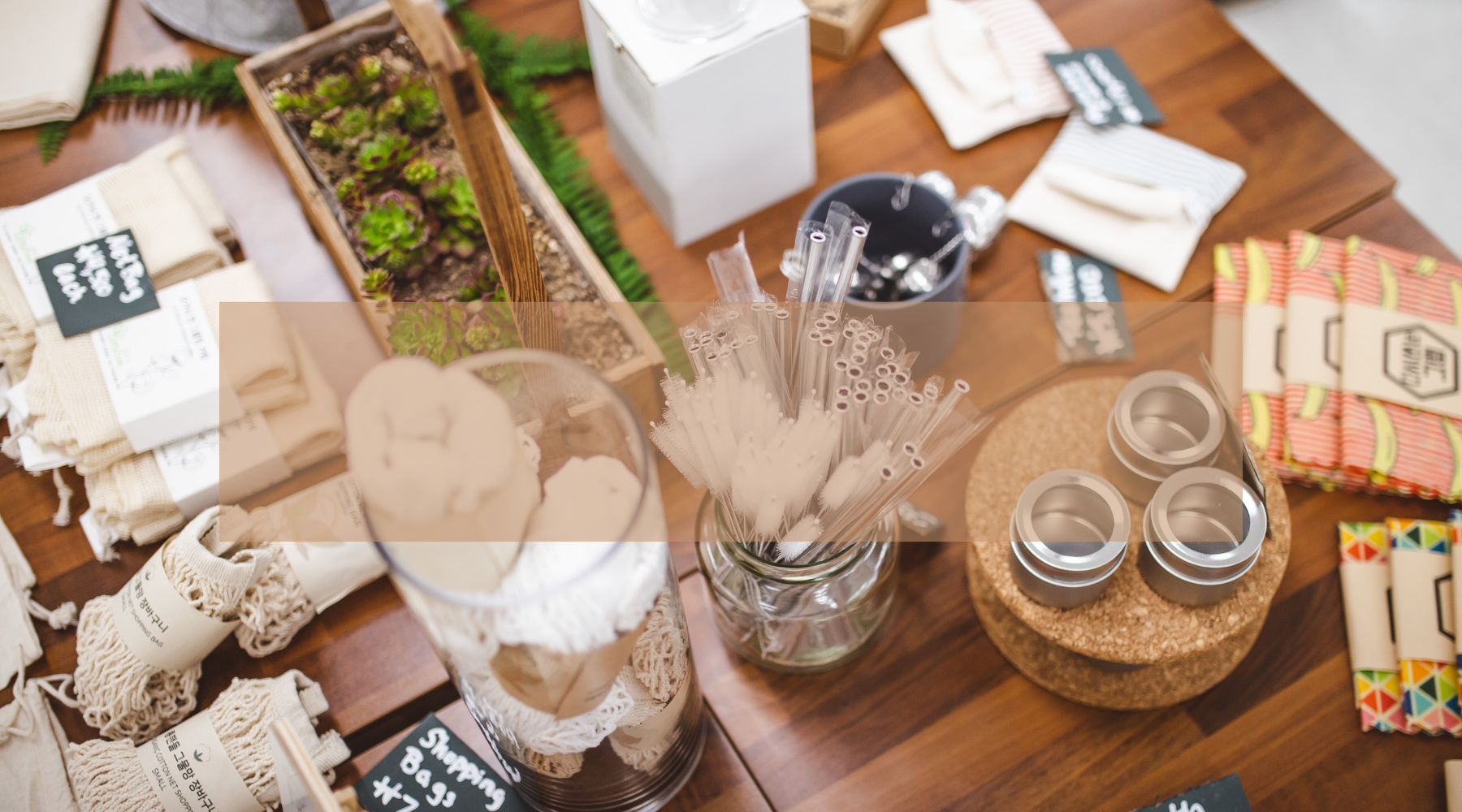New, or perhaps not-so-new, environmental trends in packaging
The new environmental movement has seen a lot of changes over the years, with packaging trends emerging to try and reduce the amount of waste being created. Here we look at some of the ways companies and businesses around the globe are changing the way they do business, both inside the packaging arena, and outside of it.
Reusable packaging: One trend is the increasing popularity of reusable packaging. Many environmentally conscious consumers prefer to buy unpackaged items, and retailers are responding by offering a wide range of products that have been packaged more sustainably, or without any plastic wrapping at all. But many eco conscious consumers (and retailers) are particularly keen to turn away from single-use disposable packaging, and towards reusable plastic containers. Consumers sport all sorts of reusable bags made of various substances. In the simplest form, think of the number of people who walk around with their own coffee cups. It has skyrocketed in recent years – along with the companies who offer incentives to do so.
Going plastic free: In April 2021, as part of its “greener Easter” campaign, Aldi removed all plastic from its Easter eggs and other confectionary ranges. The plastic-free move saw two million pieces of plastic – or 29 tonnes – removed from the seasonal lines. Imagine if more companies did that! Luckily, more and more companies are pledging their support for sustainability within their businesses. As a result, consumers are paying more attention to the way that companies do business – especially when it comes to product packaging. A study shows that almost 40% of all plastic waste produced globally comes from the food and beverage industry. It makes those people carrying around their reusable cups look rather fabulous when you consider those staggering numbers. Or the other option, for those who don’t like carrying around their cup, is joining Club Zero (formerly Cup Club) for free. Why not give your cup back to someone else to wash and save carrying a dirty coffee mug around in your backpack.
Edible wrapping: Another great innovation in the food industry is the edible wrapping developed by a team of British designers as as way of reducing food waste and saving the planet. The transparent film is made from rice starch and can be filled with almost anything from sweets to meat products. Recently, we even spotted an edible coffee cup in a trendy cafe, Abraço, in North London. It is looking like we can eat our way to the table soon.

Recycled and biodegradable packaging: As with any shift, businesses that are [overall} "environmentally friendly" are also rising, and within this business trend, they often turn to biodegradable or recycled packaging, to house their products. A few wonderful examples of this include popular brands like Bam&boo (eco toothbrushes) and earth-friendly cosmetics companies like Eco. Some shops even give their customers discount vouchers if they return their unwanted packaging to their shop.
Alternatives to making something from plastic: But it’s not just about reusing items or packaging them in less material. It’s also about what makes the package. In the last decade we have seen the introduction of many ordinary substances being transformed into alternatives to paper and plastic, and being used as a very viable source of degradable packaging, such as PLA. PLA-made plastic bags, are actually made from natural sources like corn starch and can be completely broken down after use, and then composted. The only difference to the plastic bag? These PLA bags are biodegradable, where their predecessors weren’t.
So there you have it. Proof that all over the world this not-so-new environmental movement is causing waves in packaging and sustainability. And so it should. Next time you reach for a product, take a closer look at how that company has chosen to house their items. Maybe someone else is doing it better.



Share:
The detail of bringing a package to your door
Trends in legislation and other sustainability initiatives